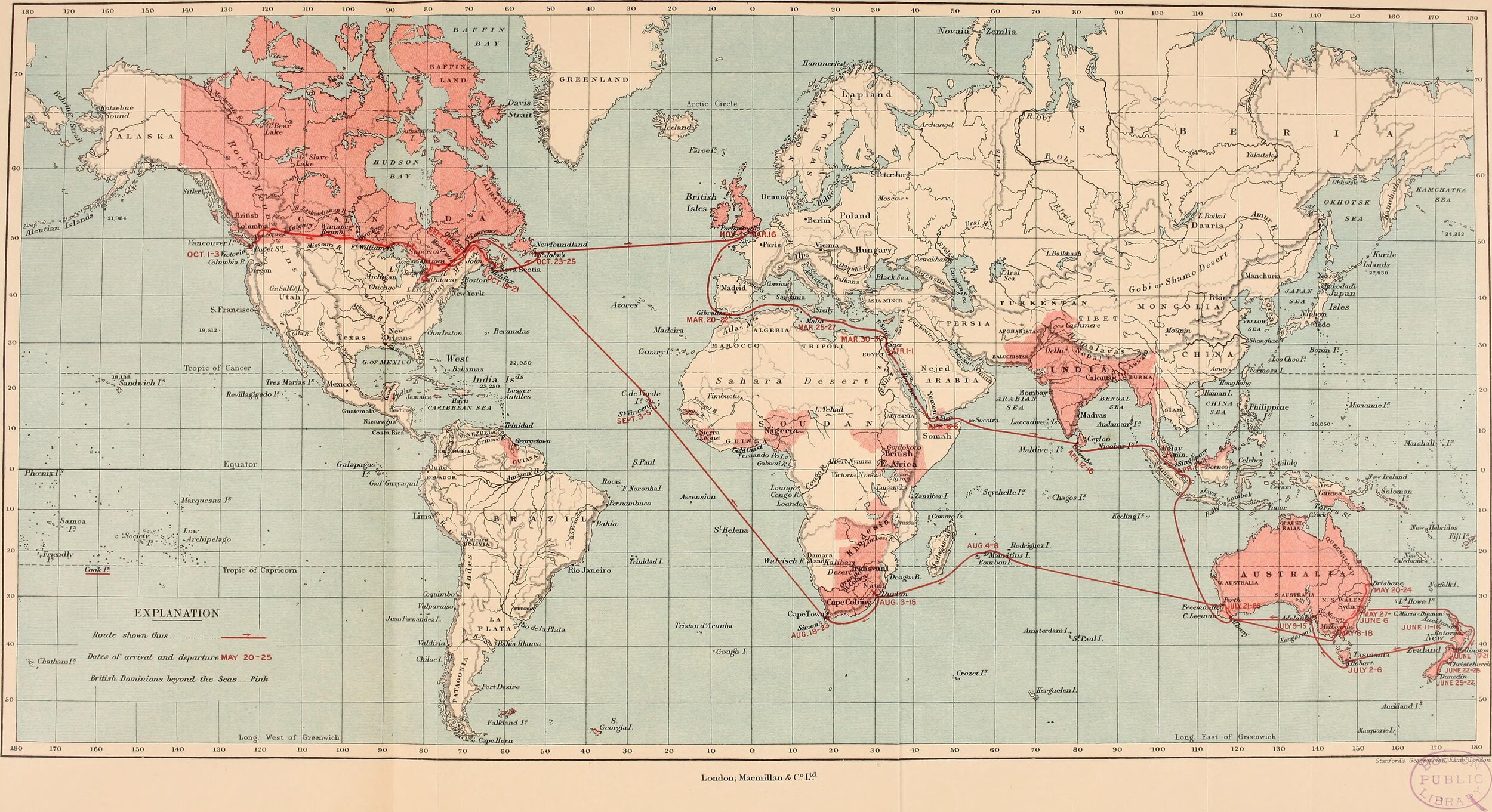
Part 5:
1945 to 2020: The Big Picture
#75 The New Economic Normality 1971-2020: The Market and Neo-Liberalism
The essence of free-market ideology since the first half of the 19th century until now has been that competing firms were efficient and represented the best way to run society. Governments would overspend; organised labour is selfish; barriers to the movement of capital services and labour should be reduced to the minimum. This is neo-liberalism in a nutshell. The reality is, of course, very different, as firms tend to move to monopoly or oligopoly, and so inequality increases. This is not the place to expand the argument into economic theory. Neo-liberal economics has been widely practised across the world for the last 50 years.
#73 Tax Havens and the World's Rich
Half of the world's trade is said to pass through the tax havens. Trillions of US dollars have managed to avoid tax. In some sense, crime and corruption have come to be accepted as normal business. There has been a significant public outcry at the existence of these havens, not least because the rich are not taxed in a fair and just manner. Whistle-blowers have managed to expose those using these tax havens, embarrassing wealthy firms and individuals.
#66 Controlling the Peace: the Soviets and the USA’s Wish for a Cooperative Peace
The economies and politics of all nations at war were shattered; the only exceptions were the USA, the USSR, and the UK who all had maintained their political systems. The economies of the UK and USSR were in pieces. The USA had not only not been invaded, but she had also lost the least number of men. Throughout all of this, her economy had been strengthened. When we compare this with the loss suffered elsewhere: the Russians had lost 20 million-plus, men women and children; the British had lost 375,000 men; the Japanese lost between 2 and 3 million people; the USA had lost 405,000 men or 2.0% of the Soviet losses.


